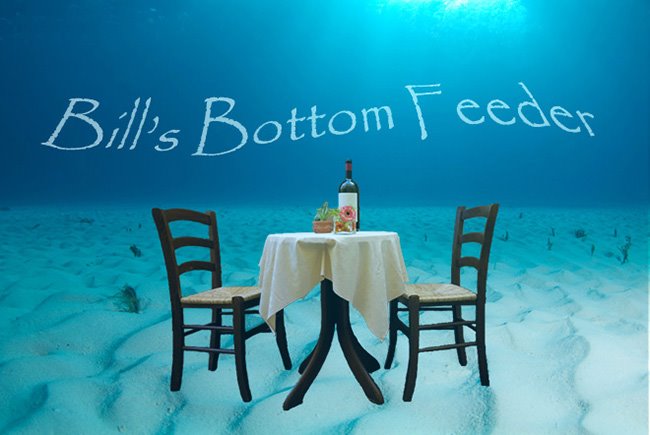Well, with my somewhat reduced mobility these days, I have started
to get more serious about cooking (which on the surface seems impossible!)
mostly in the area of refining skills and “perfecting” technique. As many alert
readers know, I am fortunate enough to have a valued friendship built over many
years with the chef who now runs our local Elements (Eatery and Mixology)
restaurant here in Lexington Park. He
has been very kind to me in that he suffers my questions and occasionally comes
over to the digs. I have a special
bottle of Woodford Reserve that is reserved for our discussions on food and
culture, and cooking. He also
occasionally invites me into his domain in the commercial kitchen to observe him
cooking (and trying to stay out his way!).
So with winter approaching (please!) he is looking to maybe
add some Pasta Dishes to the menu and wanted to give few as a trial for some of
his family and friends. He said I could
come and watch the process and take some pictures. They tasted, “we” worked in the kitchen.
So a day when the restaurant is closed provided some time
for him to prepare the dishes (chefs have no days off – like the Patriots!) and
so I showed up in the kitchen, and he went to work, and I got some lessons!
Basically the fabrication process was the same for all the
dishes, only variation was sauce and ingredients. So of course you start with
Mise En Place
(just pretty)
“ingredients” go into the pan with a little oil
Sautéed for a bit and then the pasta is added
Lesson 1: you might note the pasta is “raw”, that is,
not cooked by dropping into boiling water – in a restaurant setting, fabricated
(raw) pasta is available. What chef does
is NOT put it in boiling water first, but actually uses the sauce in the dish
to finish the pasta.
Then the sauce is added (a marinara in this case)
And after more time on heat, removed and plated with additional
vegetables
Voila! And put on the pass to serve the guests (in this case
the “taste testers”)
images while preparing other dishes with different sauces,
maybe cream based
Lesson 2: what is common to all these? It’s always over HIGH heat, full bore on restaurant
grade burners. How many times have you
heard it said chefs have one setting:
HIGH
Typical results:
Lesson 3: it is
hot as hell (not profane, a statement of fact) in that kitchen. The grill station was also on (for later
dishes), producing its own heat (for later dishes). With only one burner going, it finally drove
me out. I can’t image what it’s like
with 3 or more cranked up. New respect
for the people on the hot line.
It was a great experience, even though I had to leave (heat,
stamina) before all the dishes were made.
So this fall you can stop by Elements, and see what made the
cut to the menu! Thanks, chef!
Closer to home
It so happened a few weeks ago that chef stopped by the
house as I was preparing dinner (hello, Woodford) of trout for MFO and I which I
was trying to sear, but didn’t come out with a very good crust. Chef chided me for not using a hot enough
pan (sigh). So the other day he stopped by to
deliver some wonderful cheeses (as seen in posts lately) and he brought along
some very fresh Carolina Red Fish, and said he’d cook it for us (partially, to
be finished at dinner).
My scare and reluctance, as I suspect is common with other “home
cooks” is by cranking up the heat it will: a) burn, or b) stick.
So, he started with a non-stick pan, with just a little oil and put the fish in "skin" side
up (seasoning the flesh side before cooking)
He then taught
Lesson 4: DON’T TOUCH!
We all want to fiddle around poking and prying and that leads to
trouble. Let the pan do its work and allow
for caramelization. Leave it alone!
After a bit, check it and gently flip if you like the color
Again note the lack of oil (Lesson 4.5)
When both are done, deglaze the pan with some white wine
(scraping up the famous “brown bits”) and since you used very little oil, you don't have to worry about pouring it off
Then (eventually) plate it and drizzle with the pan sauce
believe me, it had a nice crunch and was soft on the inside
I suppose a few readers will say: “welcome to the obvious,
Feeder”, which may be true, but seeing a professional do it provides
confidence. I have some scallops which
may be a good candidate for that procedure (They’ll burn! They’ll weld themselves to the pan!) we’ll see and report.
And lastly, I can’t bring myself to confess today… next
time,
while not forgetting to
DFD
And our loud mantra of
NMMJ

















No comments:
Post a Comment